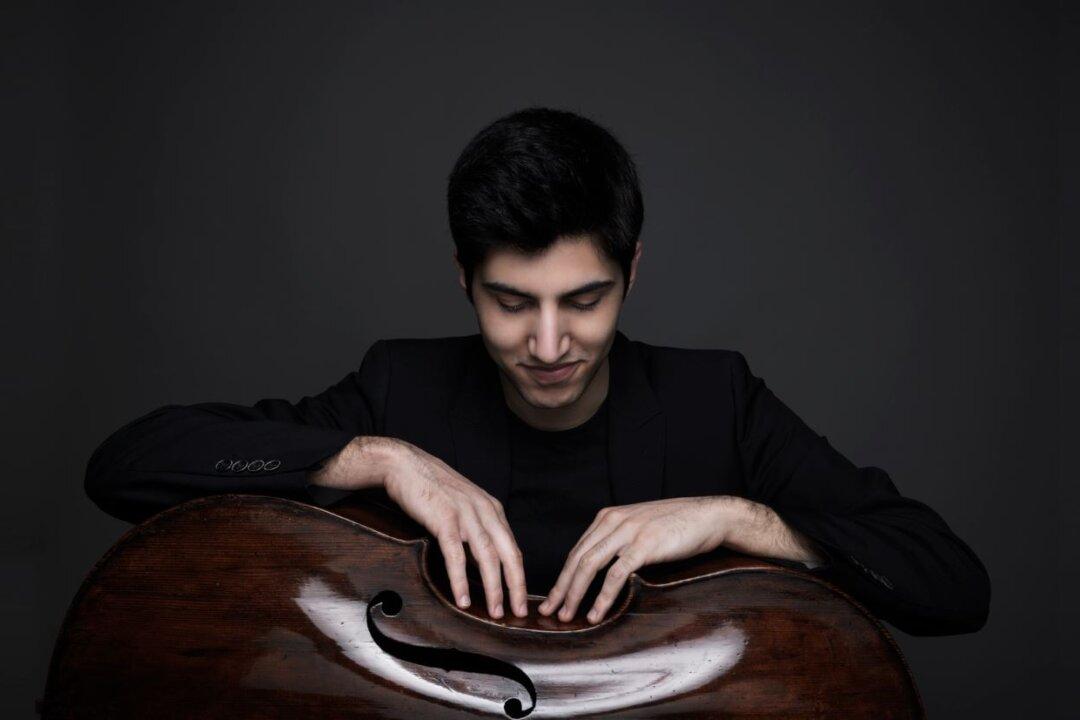Kian Soltani is a musician with a keen sense of aesthetic and plenty to communicate.
The cellist, together with pianist Julio Elizalde, made their Mostly Mozart Festival debuts in a salon-style program as part of the Stanley H. Kaplan Penthouse set series, A Little Night Music. They showed, perfectly, how to make serious music fun.






